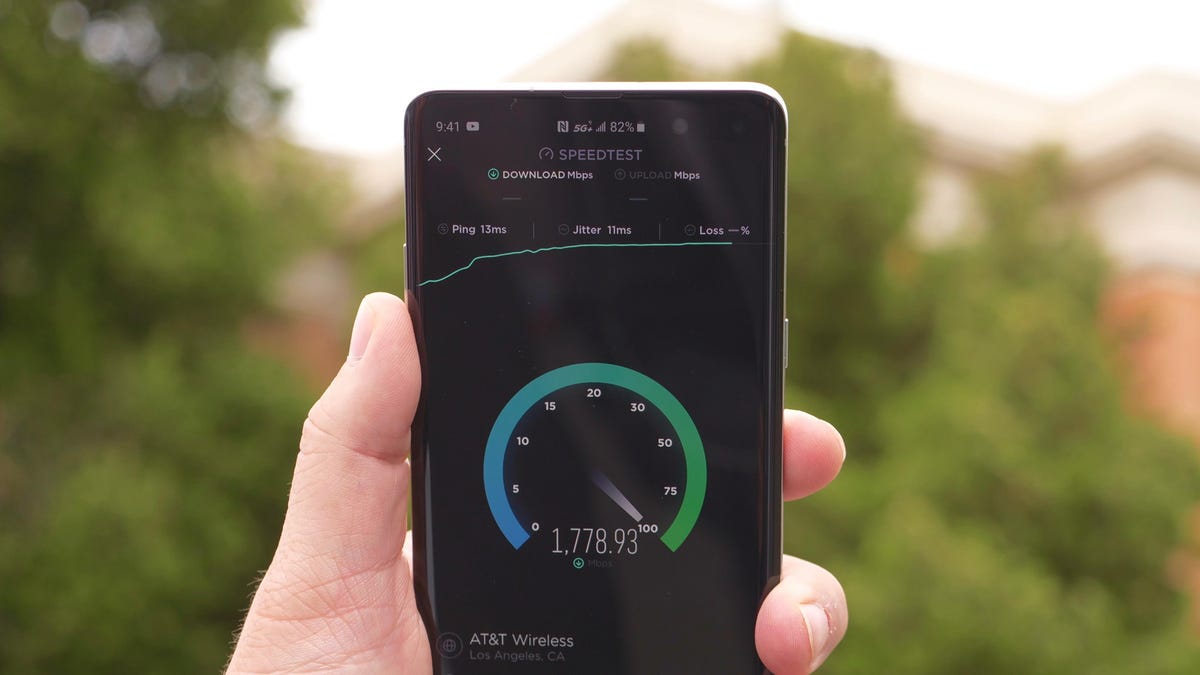New Nokia tech may double your phone's battery life
That'll be especially handy when 5G comes around and sucks up all that power -- but the Nokia research likely won't arrive for years.

Nokia researchers have filed a patent for new battery tech that'd better support 5G services.
As 5G becomes more common, phones have to adapt to support the next-gen network's power requirements. As such, Nokia Bell Labs and Advanced Materials and BioEngineering Research (AMBER) have developed new battery technology that might double the life of your phone's battery without making it heavier.
The researchers filed a patent to protect the design and start commercialization soon, according to a June company announcement.
"By packing more energy into a smaller space, this new battery technology will have a profound impact on 5G and the entire networked world," Paul King, one of the lead investigators on the project and member of the technical staff at Nokia Bell Labs, said in the release.
The technology uses similar components and designs as today's technology, so it should cost a similar amount, Nokia spokesman Eric Mangan said. That's an important factor for any new battery technology.
But don't expect it to help with the 5G phones now arriving, or the more mature successors coming next year. The new battery technology still has to clear hurdles in design and manufacturability. "A few years is a good bet," Mangan said of the technology's availability.
The new batteries use carbon nanotubes, tiny tubes that have shown engineering promise for decades. A network of them enables stronger electrodes within the battery that conduct more electricity with lower resistance, a Nokia research paper on Nature Energy said. That helps to increase the amount of energy that can be stored in a given battery volume.
The new technology can also better sustain renewable energy grids, consumer services and the industrial internet of things. The grids could manage high energy fluctuations in wind and solar technologies. According to a study from Wood Mackenzie published in February, the energy storage in 100 percent renewable systems will likely be 25 times higher as compared to today's systems. The need for efficient, fast charging and compact energy storage becomes even more imperative with these challenges, the study said.
Originally published June 21.
Update, June 25: Adds more detail about the battery technology.



